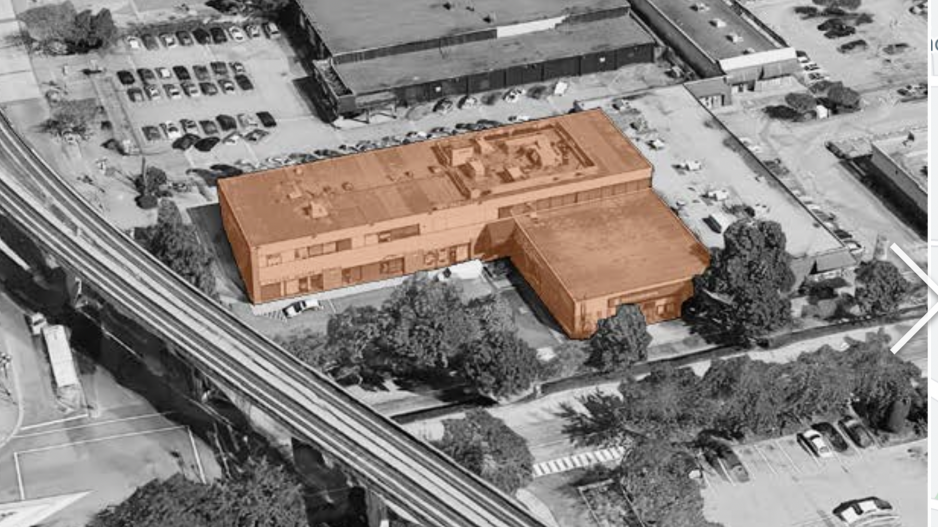The announcement April 29 that a 4.2-acre bowling alley site in Burnaby has sold for more than $22 million per acre is the latest indication of developers’ confidence that future home buyers and renters will be able to handle higher cost for new homes.
It is a confidence apparently shared by Metro Vancouver municipalities and the Metro Vancouver region, which are raising development cost charges by up to 46 per cent on residential construction in one of the most expensive housing markets on the planet.
The latest round of eye-popping residential land prices seen in the first quarter of this year began with the sale of a 0.20-acre development lot at 1065 Pacific Street, Vancouver, which traded at $19 million, or the equivalent of $95 million per acre.
Wall Financial Corp, closed on the property January 31, with the intent of rezoning the land and developing a 32-storey rental building, according to Mark Goodman of Goodman Commercial Inc., which brokered the deal.
Then, in March, Marcon Development Corp. paid $21 million for a 0.76-acre land assembly site at 13511 to 13551 102 Avenue in Surrey’s city centre. The land, priced at the equivalent of $27 million per acre, is approved for mixed-use residential towers at a floor-space ratio of 9 FSR.
It sold at the full asking price.
“We had multiple bids,” said Stanley Chiu of Gammon International Real Estate, Vancouver, who brokered the sale.
In late April, Keltic Canada Development paid $94 million for the 4.2-acre former Brentwood Bowling Lanes land in Burnaby, with a plan to build two to three residential towers sometime in the next few years.
The first quarter 2023, which also included a scattering of smaller multimillion-dollar residential land assemblies, carries on the pace of 2022, when $7.3 billion in land sales was reported by the Commercial Edge of the Real Estate Board of Greater Vancouver. This figure included industrial and commercial land but was dominated by residential investments.
Land posted the highest sales volume of all commercial deals last year in the Lower Mainland, the real estate board reports.
Residential developers at the April Vancouver Real Estate Forum estimated that, even without land costs factored in, it already costs more than $600,000 per unit to deliver a bare-bones apartment in Metro Vancouver, due to rising input costs.
While developers are competing to pay millions above assessment for land, development cost charges (DCCs) for residential developers are also increasing.
The City of Richmond has raised its DCCs 47 per cent; Coquitlam is up 33 per cent and, in Vancouver, it now costs $32,000 in DCCs alone for a new 1,000-square-foot apartment.
Metro Vancouver’s board voted April 19 to have developers pay for 99 per cent of the cost of future water and sewage infrastructure, starting next year.
Dana Westermark, a Richmond developer, stated the obvious: homeowners and renters will be paying much more for new housing as land and development charges continue to increase.
“It affects the end price of all housing,” Westermark told Glacier Media. “(It’s) delusional thinking that, somehow, development will absorb the cost and it won’t get passed on.”




